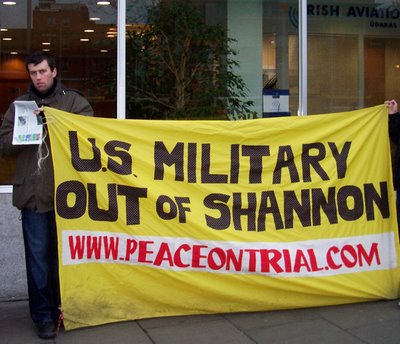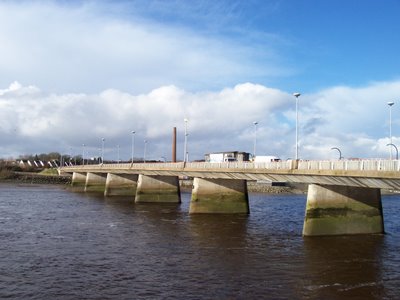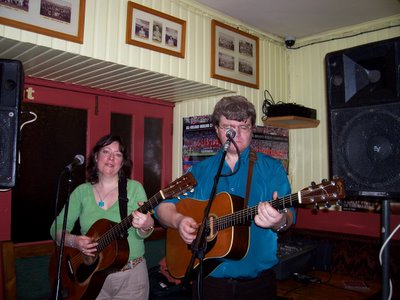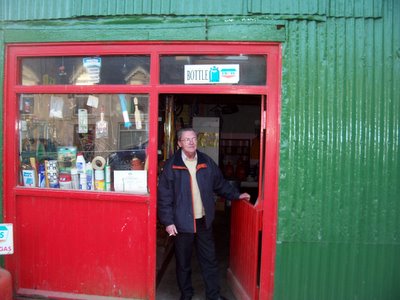The Riot Will Be Televised
Video of the Feb. 25 riot in Dublin that was provoked by pro-loyalist Orangeman parade.
A journey is a hallucination. -- Flann O'Brien
Video of the Feb. 25 riot in Dublin that was provoked by pro-loyalist Orangeman parade.
They come every year as surely as Cromwell's army invaded Ireland, loud, boisterous, obnoxious foreigners, all. Tis the price of living in St. Louis' designated Irish-American neighborhood. Mind you, it's far from an exclusive ethnic ghetto. Growing up nearby, in a area that somehow has been annexed into the larger Dogtown community in recent years, there was a smattering of Greeks, Italians and Jews. The Burkes and Hogans and Cardinales and Kasinases all lived amongst each other. And in St. Louis, it's impossible to get away from the German immigant population. They would call it "diversity" today, although nary a black face was to be found in my elementary school. Segregation aside, second and third generation American families of European descent in St. Louis were more interested in assimilating back then, finding common bonds that united them. Now the trend is to single out what makes us different. But, of course, on St. Patrick's Day everybody is Irish. So they begin arriving from the hinterlands by the droves by mid-morning, the suburban hordes, who wouldn't live in Dogtown if they were paid to do so and have no idea where the island of Ireland is even located let alone what its history and people are all about. They clog the streets with traffic, get drunk, make noise and then, thankfully, leave. It's only one day not 600 years, but it's more than enough for any native to tolerate.







Irish Times, March 3:

Security for US President George W Bush's brief stop at Shannon Airport in County Clare was estimated to have cost Irish taxpayers 300,000 euros by the Irish press, or 200,000 quid, in the North. If Bush wants to save American and Irish citizens a few bob, he should consider flying Aer Lingus the next time he pops across the pond. Irish anti-war activists used Bush's pit stop to again call for banning US military and intelligence flights from using Shannon as a refueling base in the so-called "War on Terror."
